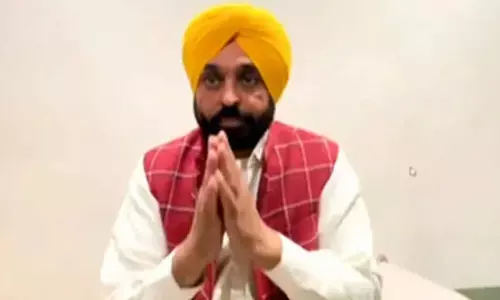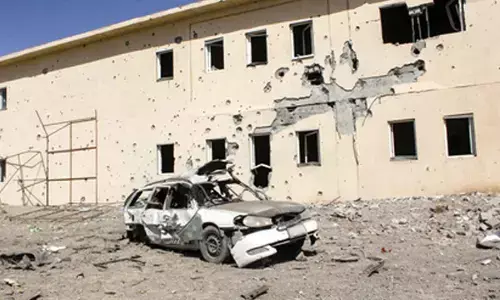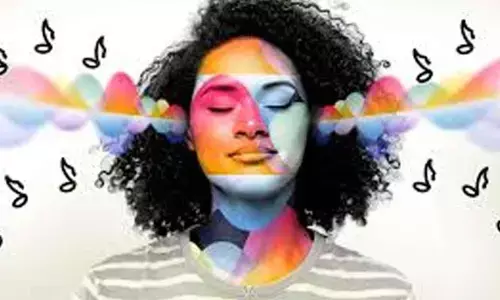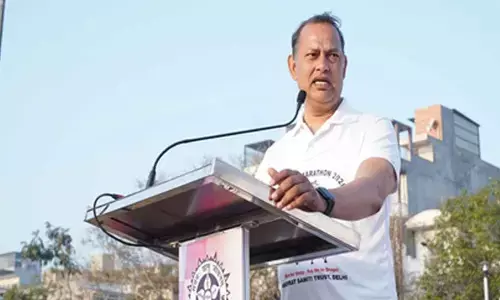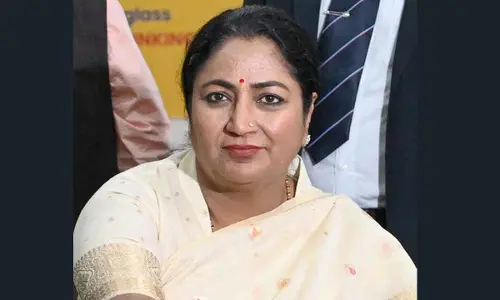BJP's short-lived alliance with PDP short-circuited its tryst with power in J&K
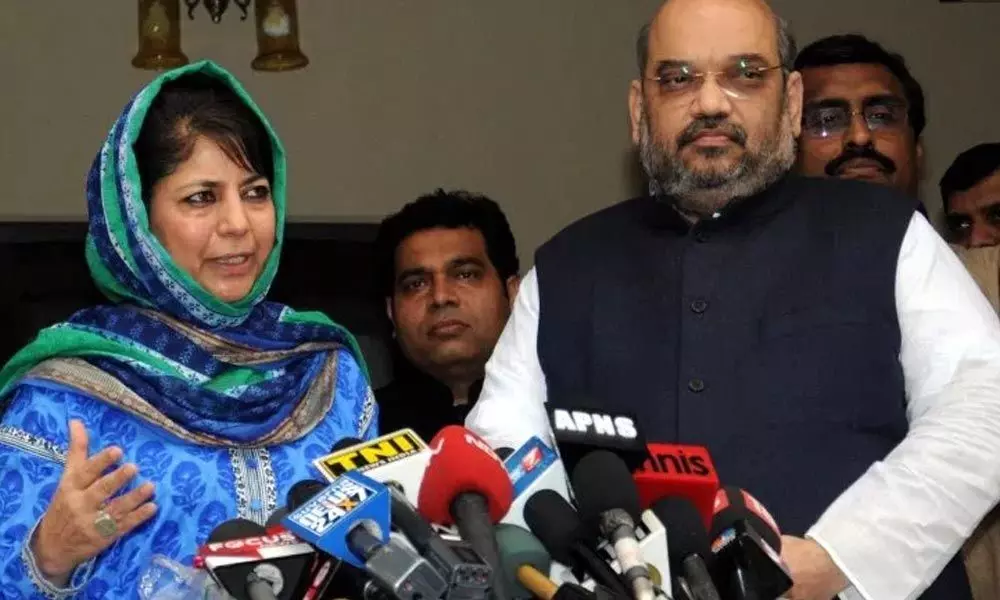
The BJP, which has been forging alliances across the country to form governments, had tried the same thing in Jammu and Kashmir for the first time in 2014 by tying up with Peoples Democratic Party (PDP) but it did not last its full term.
New Delhi: The BJP, which has been forging alliances across the country to form governments, had tried the same thing in Jammu and Kashmir for the first time in 2014 by tying up with Peoples Democratic Party (PDP) but it did not last its full term.
Even though the BJP had earlier an alliance with National Conference (NC) from 1999 to 2002, it was the first time that the saffron party shared power in Jammu and Kashmir through the coalition with PDP.
In December 2014, elections to the 87-member Assembly threw up a hung house, with the PDP winning 28 seats, BJP getting 25, NC 15 and Congress 12.
As no party was in a position to form the government, the state was brought under Governor's rule on December 28.
Soon, BJP and PDP established contact with each other and started talks on forging an alliance. It took them over two months to finalise the Agenda of Alliance for running the government, which was formed on March 1, 2015, with PDP leader Mufti Mohammad Sayeed as the Chief Minister and Nirmal Singh of BJP as Deputy Chief Minister.
It was a unique experiment, considering that the ideologies of the two parties are completely in contrast with each other. While BJP is a far-right party, the PDP is seen as a party with soft separatist leanings.
The coalition went on well for some time but suffered a setback when Mufti Sayeed passed away on January 7, 2016, due to illness.
The government collapsed as BJP and PDP, now completely under the leadership of Sayeed's daughter Mehbooba Mufti, failed to arrive at an understanding on what to do about the coalition and Governor's rule was imposed again.
The PDP wanted a new Agenda of Alliance to be drafted with certain assurances from the Modi government at the Centre regarding issues of Jammu and Kashmir.
The ice-breaker came on March 22, 2016 when Mehbooba Mufti met Prime Minister Narendra Modi in New Delhi and announced that she had got assurances, with which she was satisfied.
A PDP-BJP coalition government was again formed on April 4, with Mehbooba as the Chief Minister and BJP's Nirmal Singh as the Deputy Chief Minister.
The coalition government carried on amid differences between leaders of the two parties on various issues, particularly on PDP's repeated demand for initiating talks with separatists.
When Hizbul Mujahideen's poster boy commander Burhan Wani was killed in an encounter with security forces in Kashmir's Anantnag district on July 8, 2016, Mehbooba stated publicly that he should have been given a chance to surrender, reflecting her reservations over what the operation.
The killing of Wani triggered protests spanning months, during which differences between the PDP and BJP also came to the fore a number of times.
The two parties also had differences over the killing of civilians that took place at the sites of encounter with terrorists when some locals would try to disrupt the operations to flush out hiding militants.
To discuss this, Mehbooba on May 9,2018 called an all-party meeting after which a call was given for a Ramzan ceasefire like the one announced by Vajpayee government in 2003.
The idea was opposed by BJP leader and Deputy Chief Minister Kavinder Gupta, despite which Union Home Minister Rajnath Singh announced month-long suspension of operations in Jammu and Kashmir.
As terror activities continued unabated during the ceasefire period and the BJP faced flak over it, Rajnath Singh on June 17 announced that anti-terror operations will resume.
The very next day, the BJP high command called all party ministers of Jammu and Kashmir to Delhi for consultations.
On June 19, the BJP announced withdrawal from the coalition government, as a result of which the government collapsed.
The Governor's rule was imposed the same night and the central rule continues till now.


